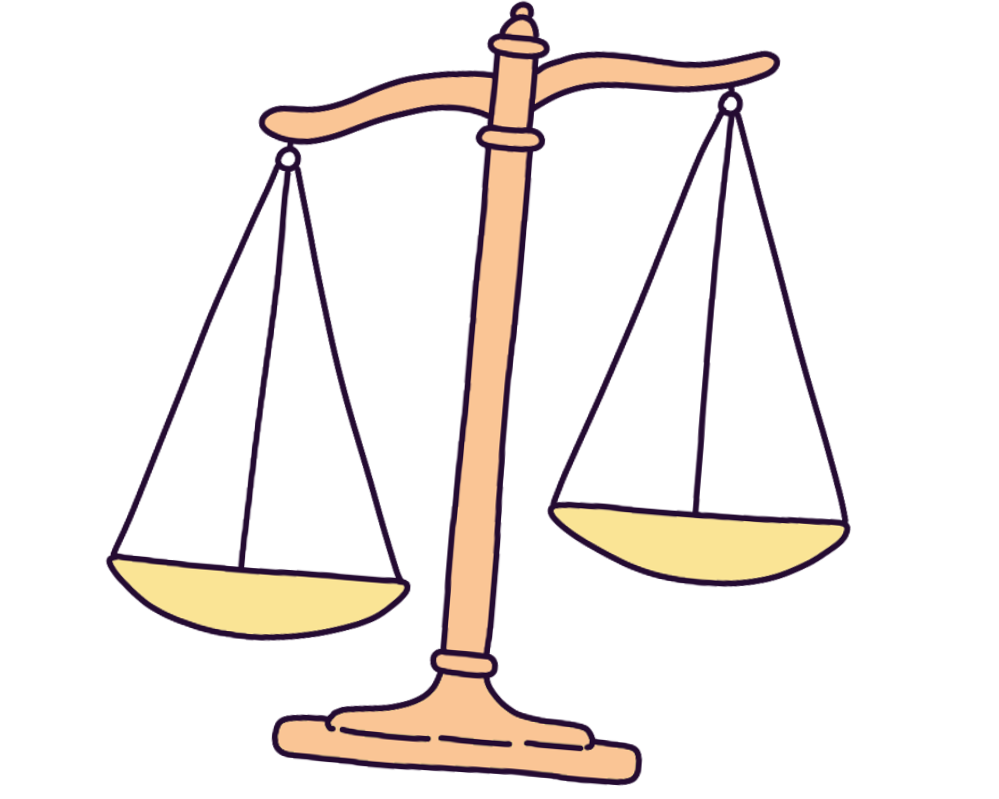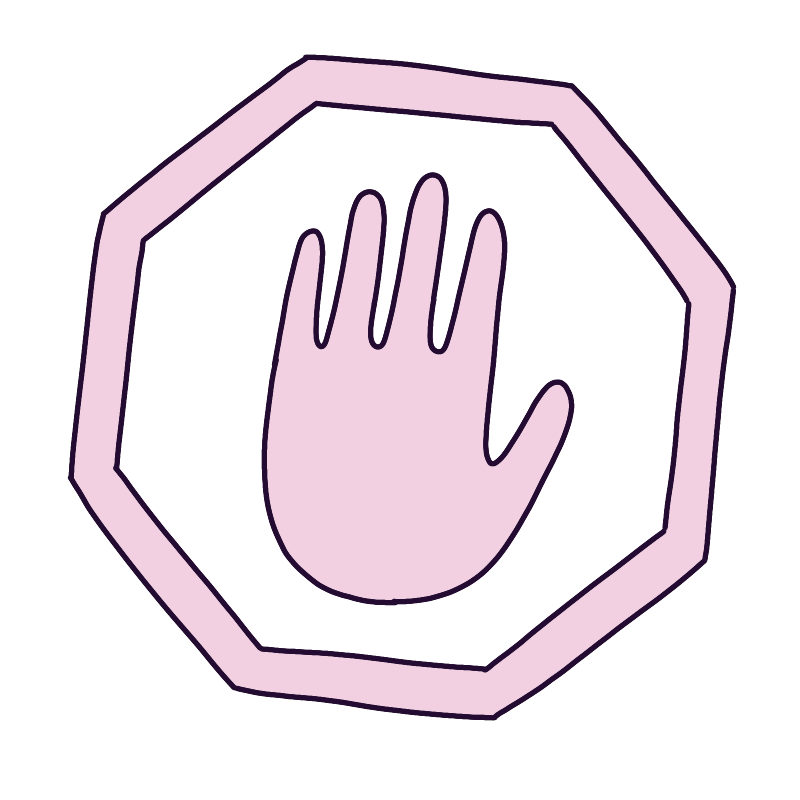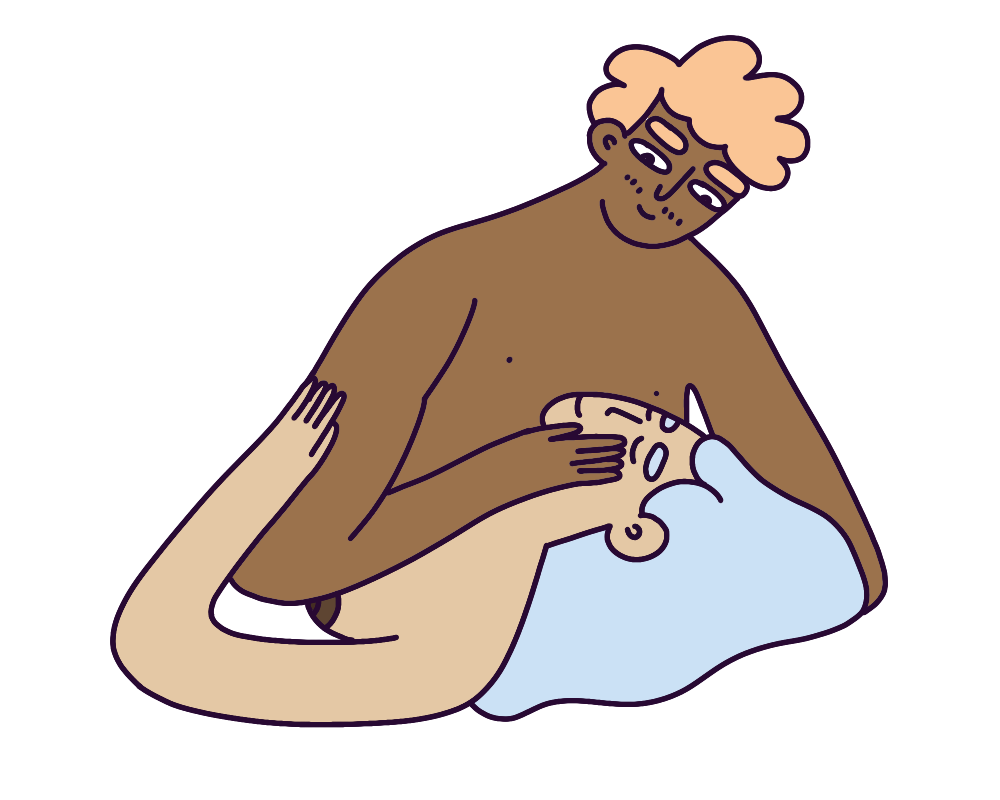Power in relationships
Balancing power and consent is important for healthy relationships

What is power?
📗 Power is the ability to influence or affect change in ourselves, in others, and in our environment. Simply put, power is about having choice and control.
Power is something we notice even as babies. At a very young age, we notice that adults are taller, stronger and more mobile than we are. They have choice and control over what they can do and where they can go, whereas babies can only crawl and need help to do most things.
So we learn:
ADULTS = TALLER and STRONGER = MORE POWER
BABIES = SHORTER and WEAKER = LESS POWER
Power can be earned or unearned. That is, some power you work for, other power you are just born with or given. Unearned power is often also called privilege.
Unequal power
In relationships, people don’t always have the same level of power, and this might change over time as circumstances change.
Often, those who have more power 'set the tone’ for an interaction or a relationship.
For example, your teachers often have more power to determine where you're allowed to be, the content you learn in class, and when you'll have exams. This means there are unequal power dynamics between you and your teachers.
Unequal power dynamics can make it difficult for someone who has less power to say "no" to someone with more power.

In some professions, there are codes of conduct that prevent people in these jobs from having any sexual contact with young people. This is because people in these jobs often have significantly more power and control in relation to the safety and wellbeing of young people.
Power and consent
No one person should be in charge of making all the decisions in your relationship. Unequal power can add complexity to enthusiastic consent . Differences in power can impact how free someone feels to say "no".

Remember that at the end of the day, as long as all the other conditions of consent have been met (including both of you being over the legal age of consent ), then each of you has the right to make decisions over your own body free from coercion, intimidation, and anybody else’s control.
Playing with power
Some people find playing with power dynamics in the bedroom to be a turn on. This is why people like to do things like get tied up or role play. It’s important to remember that all of this stuff needs to be negotiated and consented to. While this is a totally legit part of people’s sex lives, all of this needs to be something that everyone involved is aware of and genuinely consenting to. If you want to try this make sure that you; have clear consent and defined boundaries, a safe word, and agree how to go in and out of the roles that you are playing. It’s also important to check in after, to make sure that you were both OK.
Help us improve this info by letting us know how you found it.
Start
Healthy and respectful relationships
